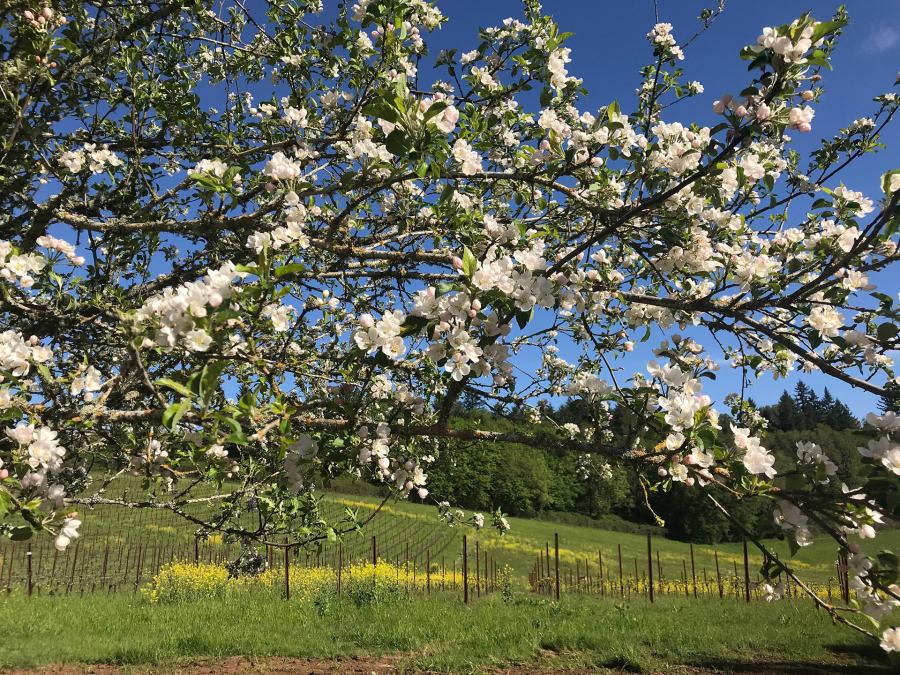The Regenerative Viticulture Foundation (RVF), a non-profit organisation dedicated to restoring soil health in the world’s vineyards, has appointed Becky Sykes as its first Programme Manager.
The new role reflects the impressive growth of the RVF, which was launched in March last year and has since attracted funding and endorsement from Founding Supporters including Berry Bros & Rudd, Château de Berne, Decanter Magazine, Famille Perrin, Jackson Family Wines, Maison Mirabeau, MDCV and Moët-Hennessy.
Responsible for Research, Education and Engagement, Sykes will develop the resources and community network needed to support and connect producers – wherever they are in their regenerative journey. The role also encompasses managing research projects and engaging wine educators to spread both awareness and understanding of the benefits of regenerative viticulture.
Stephen Cronk, Chairman of the RVF, commented: “We are proud of the positive response the foundation has generated in the year since we launched and it has been particularly heartening to see that major players in our industry are keen to get involved. As we continue to grow, it is essential that we empower our community by giving producers the practical support they need to put regenerative techniques into practice. We are delighted to be welcoming Becky to the team at such an exciting moment.”
Sykes brings with her a passion for regenerative viticulture, sparked by a recent MSc in Viticulture & Oenology, and practical experience from Ridgeview Wine Estate and Plumpton College. Sykes’ previous career as a Public Affairs PR consultant also positions her perfectly to put her expertise in stakeholder engagement towards forwarding the foundation’s aims.
The RVF is an active group of wine producers, scientists, ecologists and consultants from around the world, who are all committed to showing how wine production can be a positive force for change in agriculture. The foundation is keen to stress that regenerative agriculture is not a new or revolutionary way of farming, but rather a way to describe farming principles that are restorative rather than extractive, and work in concert with nature rather than against it.
With climate change increasingly threatening the world’s agricultural systems and vineyards, there has never been a more urgent time to work together to make a difference. The RVF believes that wine can – and should – lead the way towards a more regenerative future.




